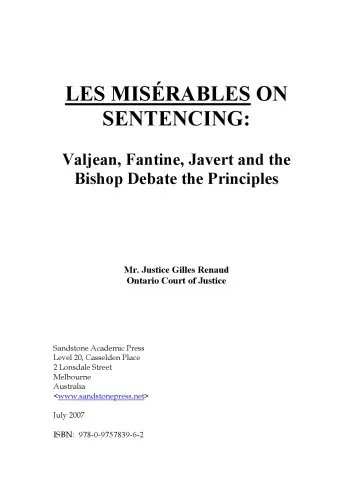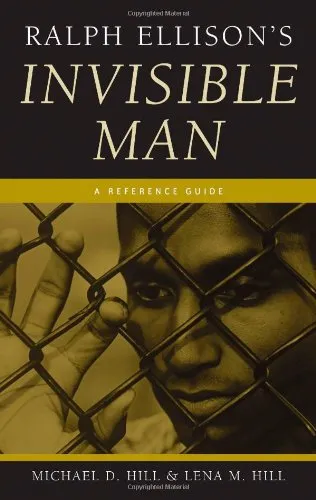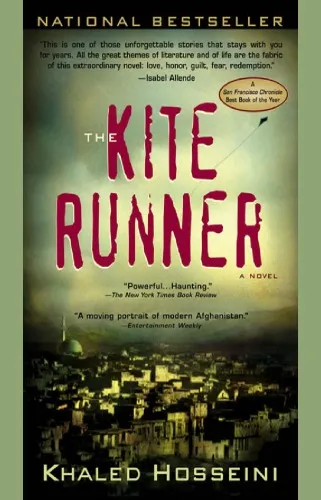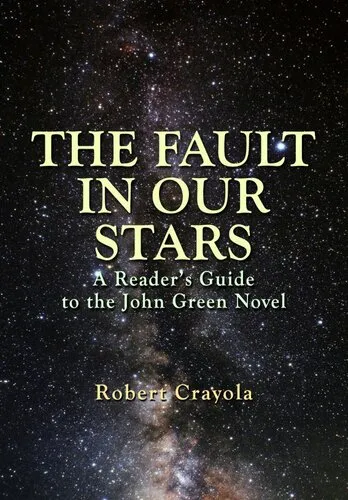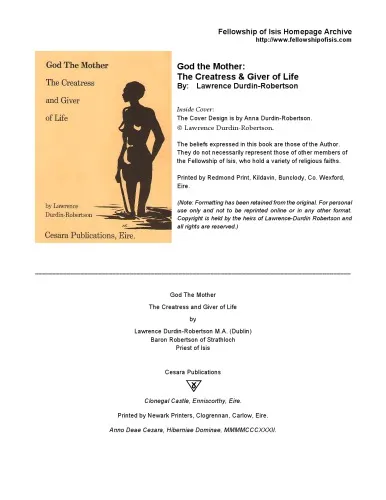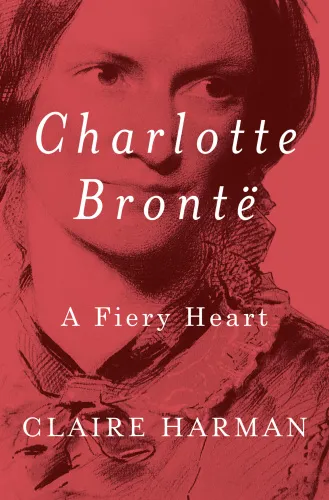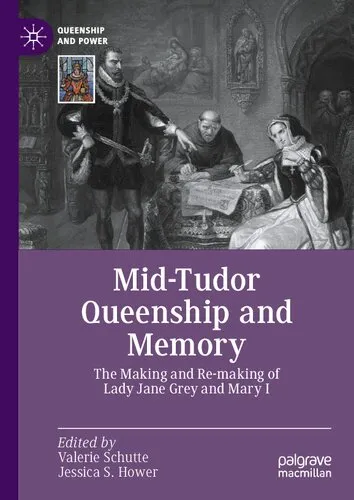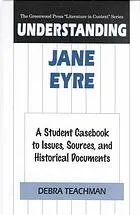Cliffs Notes On Bronte's Jane Eyre
4.0
Reviews from our users

You Can Ask your questions from this book's AI after Login
Each download or ask from book AI costs 2 points. To earn more free points, please visit the Points Guide Page and complete some valuable actions.Related Refrences:
Persian Summary
Welcome to the comprehensive guide through the classic literary masterpiece, "Jane Eyre," via our "Cliffs Notes On Brontë's Jane Eyre." This companion book serves as an essential tool for students, educators, and literature enthusiasts looking to deepen their understanding and appreciation of Charlotte Brontë's groundbreaking novel. With our detailed analysis and insightful commentary, you'll be equipped to explore the complex themes, rich character development, and social critiques embedded within this timeless story.
Detailed Summary of the Book
In "Cliffs Notes On Brontë's Jane Eyre," we provide an in-depth summary of Jane Eyre's journey from a mistreated orphan girl to an independent and self-assured woman. Set in 19th-century England, the novel traces Jane's experiences as she navigates through the rigid class hierarchy, gender oppression, and her innermost desires and emotions. Her life spans different stages, beginning at Gateshead, where her cruel Aunt Reed and cousins ostracize her, to Lowood School, where she both suffers and flourishes under harsh conditions.
The narrative follows Jane to Thornfield Hall, where her love and trials are intertwined with the enigmatic Mr. Rochester. Here, we delve into the gothic elements of the story, exploring themes of love, mystery, and the supernatural. The horrifying revelation of Bertha Mason, Mr. Rochester's hidden wife, challenges Jane's ethical beliefs and forces a dramatic departure, leading her to self-discovery and ultimately, her return to Thornfield, redefined and resilient.
Key Takeaways
- Exploration of social class and mobility: The novel challenges the Victorian class hierarchy through Jane's navigation of her social status.
- Feminism and independence: Jane Eyre's story is a pioneering exploration of female independence and self-respect, paving the way for feminist literature.
- Morality and spirituality: Jane's journey is also deeply moralistic, highlighting the importance of integrity, faith, and personal conscience.
- Romantic and gothic elements: The contrast between passionate romance and gothic horror enriches the narrative with suspense and evokes a deep emotional response.
Famous Quotes from the Book
"I am no bird; and no net ensnares me: I am a free human being with an independent will."
"Do you think, because I am poor, obscure, plain, and little, I am soulless and heartless? You think wrong!"
"Reader, I married him."
Why This Book Matters
"Cliffs Notes On Brontë's Jane Eyre" emphasizes why this book transcends its era and remains relevant today. Charlotte Brontë’s profound exploration of the human psyche and social critique provides a window into the struggles against oppressive societal norms faced by women and the lower class. Jane Eyre, as a character, is a beacon of resilience and moral fortitude, representing a shift towards individualism and self-respect in a world dictated by social constraints.
This book is critical for understanding the development of modern literary themes and the evolution of the novel form in England. By dissecting the intricate layers of symbolism, emotional depth, and psychological realism, our cliffs notes ensure that readers can engage with "Jane Eyre" in a meaningful way, appreciating its influence on contemporary discussions around gender, equality, and personal freedom.
Free Direct Download
You Can Download this book after Login
Accessing books through legal platforms and public libraries not only supports the rights of authors and publishers but also contributes to the sustainability of reading culture. Before downloading, please take a moment to consider these options.
Find this book on other platforms:
WorldCat helps you find books in libraries worldwide.
See ratings, reviews, and discussions on Goodreads.
Find and buy rare or used books on AbeBooks.
1503
بازدید4.0
امتیاز0
نظر98%
رضایتReviews:
4.0
Based on 0 users review
Questions & Answers
Ask questions about this book or help others by answering
No questions yet. Be the first to ask!



